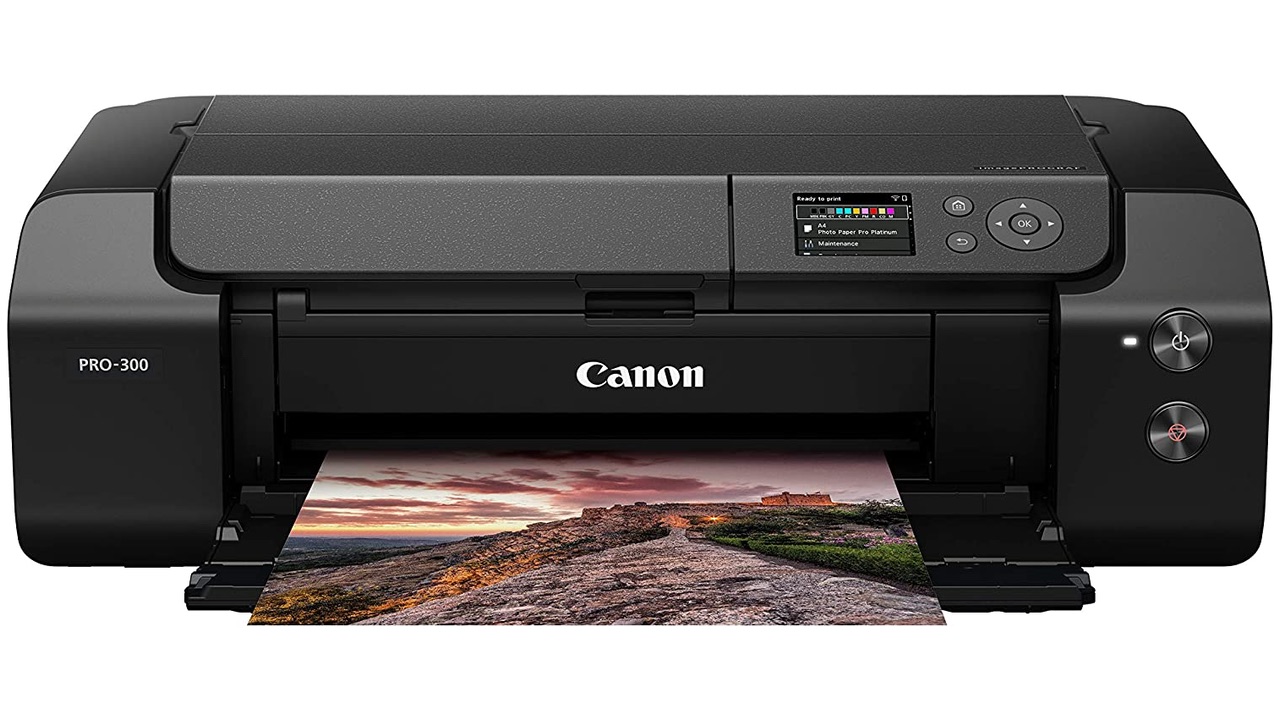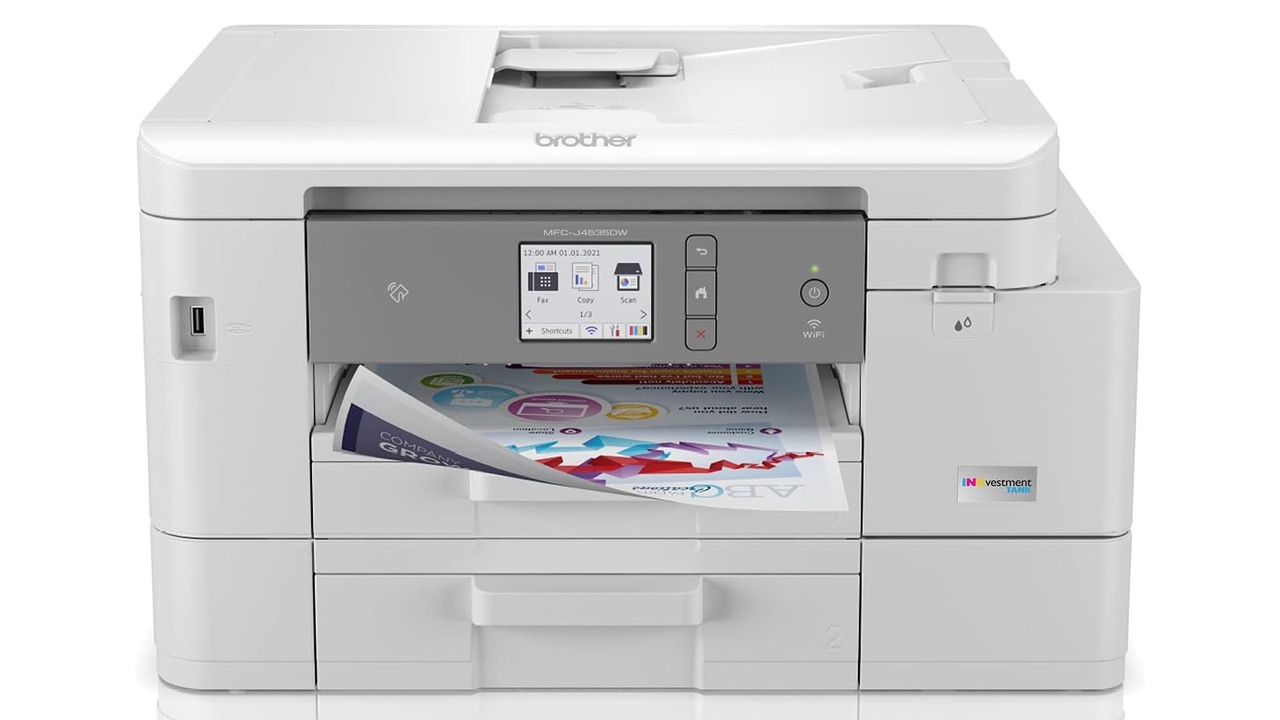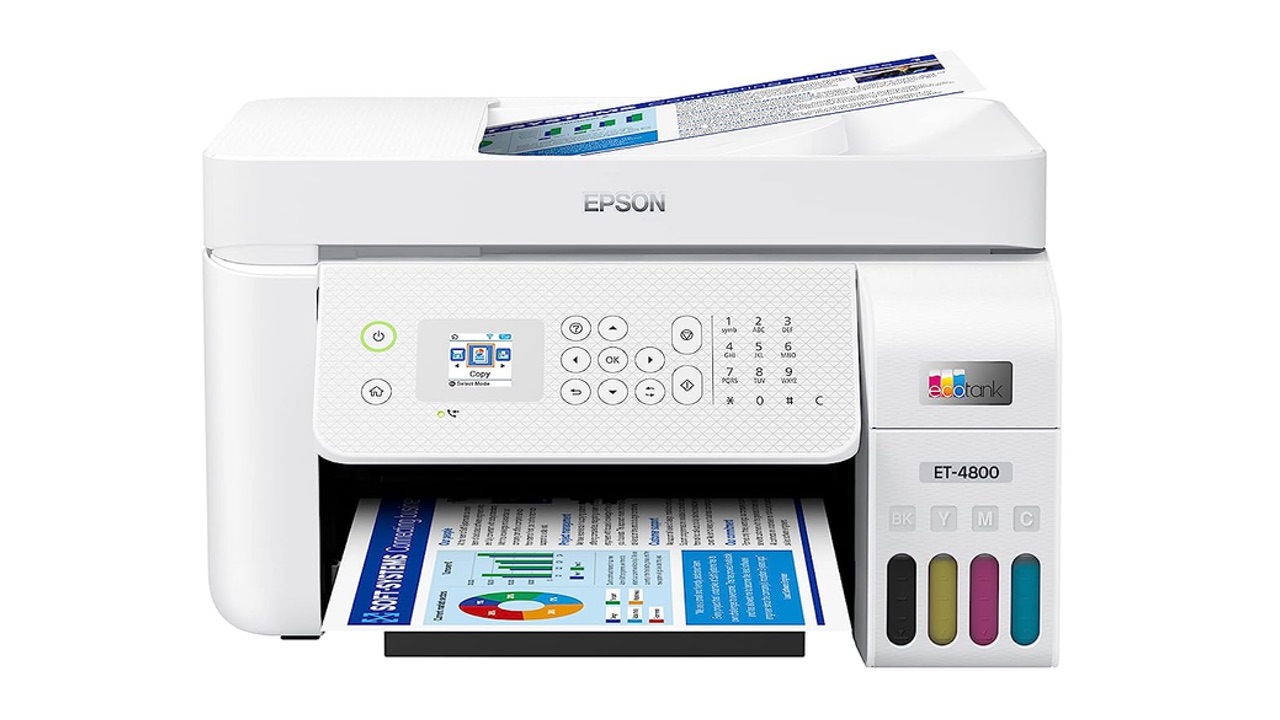Wired vs Wireless Headphones: Which is Right for You?
Choosing between wired vs wireless headphones can be a challenging decision, given the distinct advantages and disadvantages of each type. This article will guide you through the key differences in sound quality, latency, and range to help you determine which is the best fit for your needs.
Sound Quality
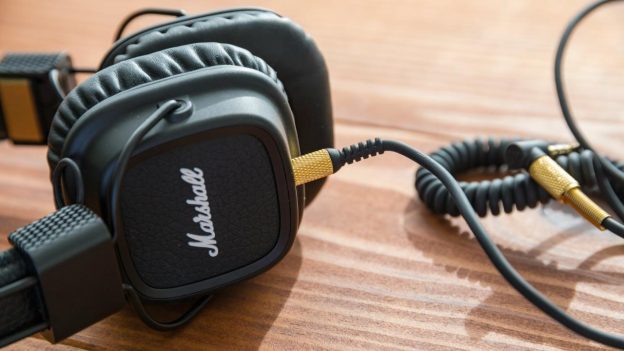
Photo by Jean-Philippe Delberghe on Unsplash
Wireless Headphones: Wireless headphones have made significant strides in sound quality due to advances in Bluetooth technology. Most modern wireless headphones, such as the Bose QuietComfort 35 or the Sony MDR-1000X, offer sound quality that is nearly indistinguishable from their wired counterparts. For casual listeners, the differences are minimal. However, trained ears may notice slight variations, particularly in the frequency response. For instance, the Sony MDR-1000X exhibits a higher bass and a slight roll-off in the treble when used wirelessly.
Wired Headphones: Wired headphones are typically favored for their superior sound quality, primarily because they do not require audio compression. This means they can deliver lossless audio, making them the preferred choice for audiophiles and professionals in audio-sensitive fields. Without the need for battery power, wired headphones can provide a more consistent and reliable listening experience.
Verdict: If you prioritize sound quality and often engage in critical listening, wired headphones are the better choice. For general use and convenience, wireless headphones provide sound quality that is sufficiently high for most users.
Latency
Wireless Headphones: Latency is a significant consideration with wireless headphones. Bluetooth headphones introduce a delay between the audio source and playback due to the encoding, transmission, and decoding processes. This delay can be noticeable and disruptive when watching videos or gaming. Some codecs, like aptX Low Latency, reduce this delay, but it’s still present. For example, Plantronics BackBeat Pro 2 shows a latency of 34ms with aptX-LL, compared to 7ms when wired.
Wired Headphones: Wired headphones have negligible latency, making them ideal for applications requiring real-time audio synchronization, such as gaming, video production, and watching high-frame-rate content. The absence of wireless transmission steps ensures that audio playback is instantaneous.
Verdict: For latency-sensitive applications, wired headphones are superior. Wireless headphones are acceptable for music and casual video watching, but may fall short for gaming and professional audio tasks.
Range
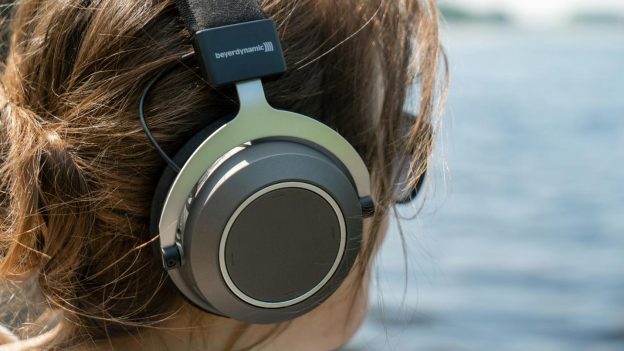
Photo by Mika Baumeister on Unsplash
Wireless Headphones: One of the most significant advantages of wireless headphones is their range. Bluetooth headphones can maintain a connection up to 33 feet from the audio source, with some models reaching up to 200 feet in ideal conditions. This allows for greater mobility and freedom, particularly useful for activities like working out or moving around the house.
Wired Headphones: Wired headphones are limited by the length of their cable, typically up to 10 feet. This restriction can be cumbersome and inconvenient, especially in scenarios where you need to move around freely.
Verdict: If you need the flexibility to move around without being tethered to your device, wireless headphones are the clear winner. For stationary listening, wired headphones are sufficient.
Convenience and Longevity
Wireless Headphones: Wireless headphones offer unmatched convenience, eliminating the hassle of tangled cables. They often come with additional features such as active noise cancellation, which is rare in wired models. However, they require regular charging and their batteries degrade over time, potentially limiting their lifespan.
Wired Headphones: Wired headphones are generally more durable and require no charging, making them reliable for long-term use. They are also typically easier to repair and maintain.
Verdict: For convenience and modern features, wireless headphones are preferable. For long-term reliability and simplicity, wired headphones are the better choice.
Price and Value

Photo by Kelly Sikkema on Unsplash
Wireless Headphones: Wireless headphones tend to be more expensive than their wired counterparts due to the additional technology required for wireless connectivity and features like noise cancellation. However, many users find the extra cost justified by the convenience and advanced features offered. The price range for wireless headphones can vary widely, with premium models reaching several hundred dollars.
Wired Headphones: Wired headphones generally offer better sound quality at a lower price point. Without the need for batteries, Bluetooth technology, or additional features, wired headphones can provide high-quality audio at a more affordable cost. This makes them a cost-effective choice for those who prioritize sound quality and reliability over convenience.
Verdict: If budget is a primary concern and you seek the best sound quality for your money, wired headphones are a better value. If you are willing to invest more for the convenience and features of wireless technology, then wireless headphones may be worth the extra cost.
Final Thoughts on Wired vs Wireless Headphones
The choice between wireless and wired headphones ultimately depends on your specific needs and preferences. If you prioritize sound quality, minimal latency, and long-term reliability, wired headphones are likely the better choice. They excel in delivering lossless audio and are ideal for applications where real-time audio synchronization is crucial.
On the other hand, if you value mobility, convenience, and modern features like active noise cancellation, wireless headphones offer significant advantages. They provide the freedom to move around without being tethered to your device and include many advanced features that enhance the listening experience. However, they do require regular charging and may have a shorter lifespan due to battery degradation.
Understanding your usage scenario and weighing the pros and cons of each type will help you make the best decision. Both wired and wireless headphones have their merits, and the right choice for you will depend on what you value most in your listening experience.


